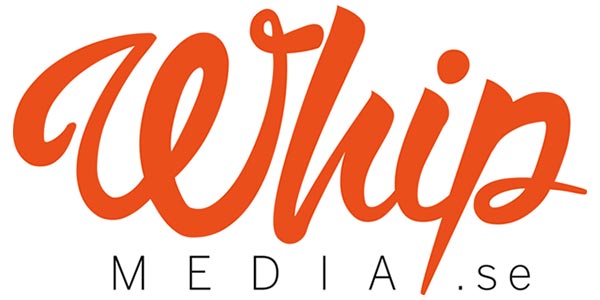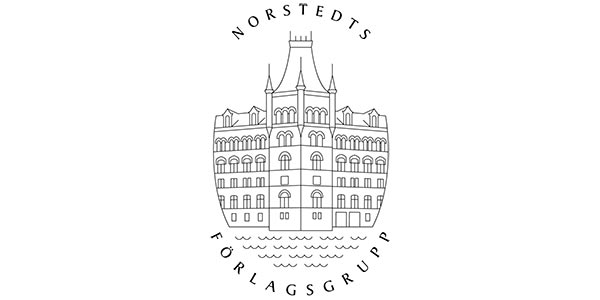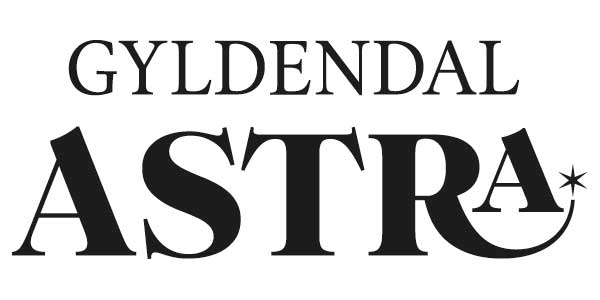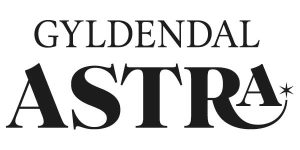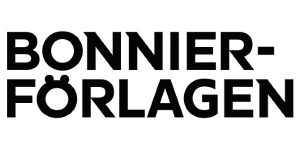
Societal Change and Ideological Formation Among the Rural Population of the Baltic Area 1880-1939

| Serie | Research Reports (2008:4) |
|---|---|
| Medverkande | |
| Förlag | Södertörns högskola |
| Format | Häftad |
| Språk | Engelska |
| Antal sidor | 216 |
| Vikt | 445 gr |
| Utgiven | 2009-01-01 |
| ISBN | 9789185139118 |
This anthology presents perspectives on the political, social and economic transformation of rural life on the periphery of Western Europe and the Baltic Sea area 18801939. Rural populations living in these peripheries adopted various strategies in response to rapid political and economic change, while they themselves were the subject of activist and elite political mobilization and nation-building rhetoric. The anthology discusses the impact of the re-organization of production and distribution of agricultural products and property on gender, ethnic and class relationships, including analyses of the relatively unsuccessful movements such as Agrarianism. We look at the evolution of peasant politics, both in areas with long traditions of peasant political participation (Sweden) and those with short and problematic histories of rural politicization (Austrian Galicia). The anthology also analyzes the rhetoric fuelling peasant mobilization. Imagining and visualizing the peasant by non-rural social classes was an important element of modern nation-building; while a pair of unlikely bedfellows romantic nationalism and Enlightment thinking may be viewed as cornerstones in the emancipation agenda of 19th and early 20th century rural activists. The anthology thus provides new, comparative scholarship on the content and impact of modern rural movements, both economic, social and political; as well as the ideologies which sought to mobilize, and incorporate, the peasant population into national politics and history.



